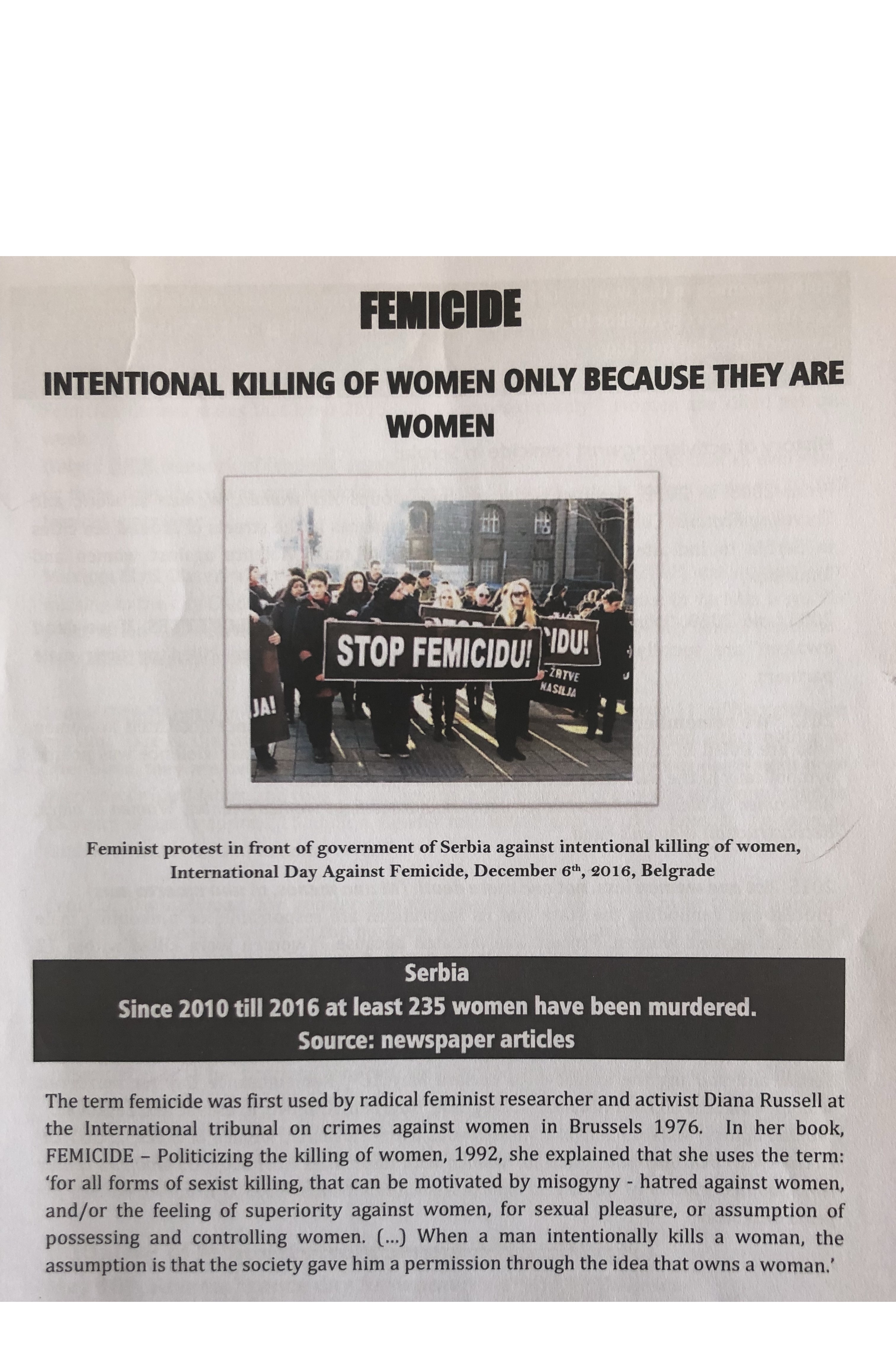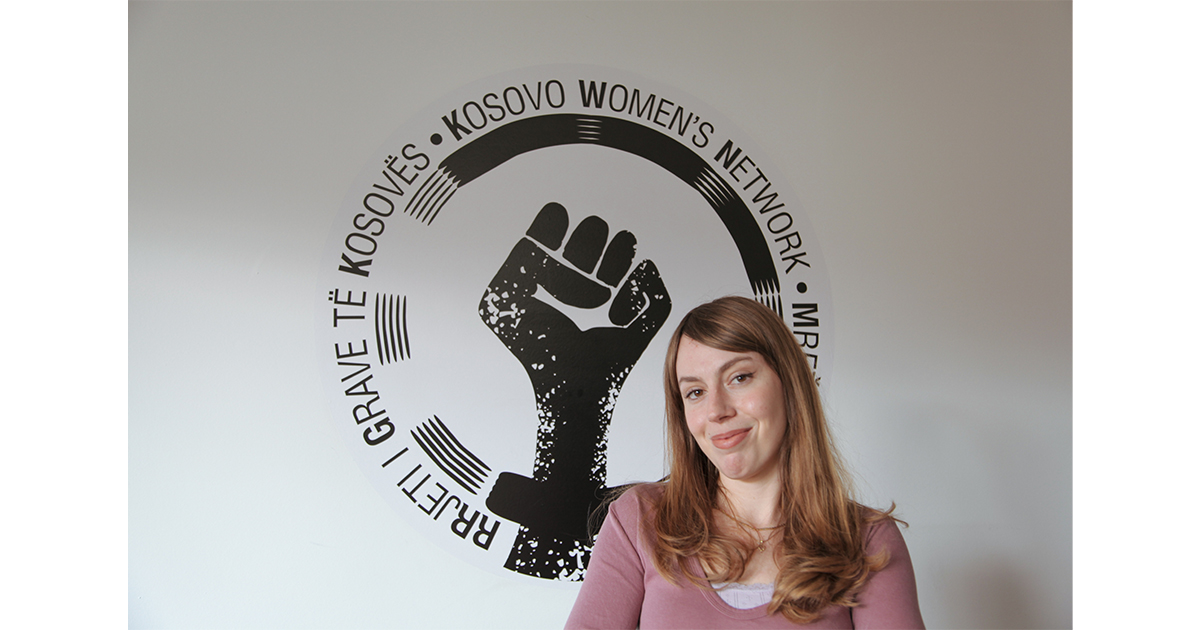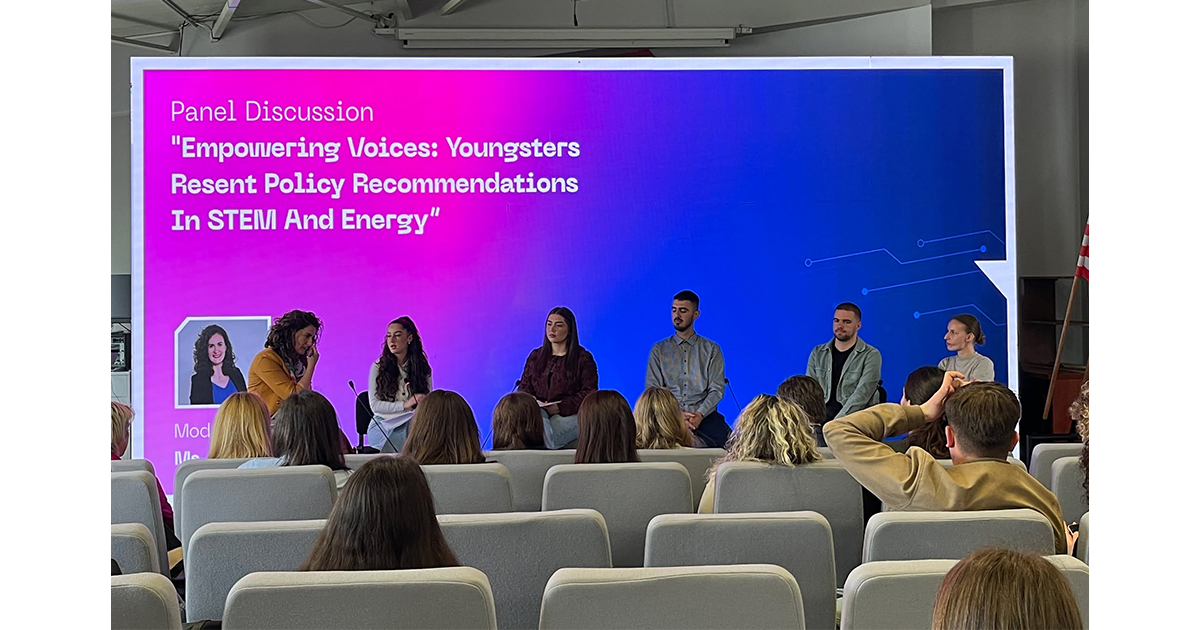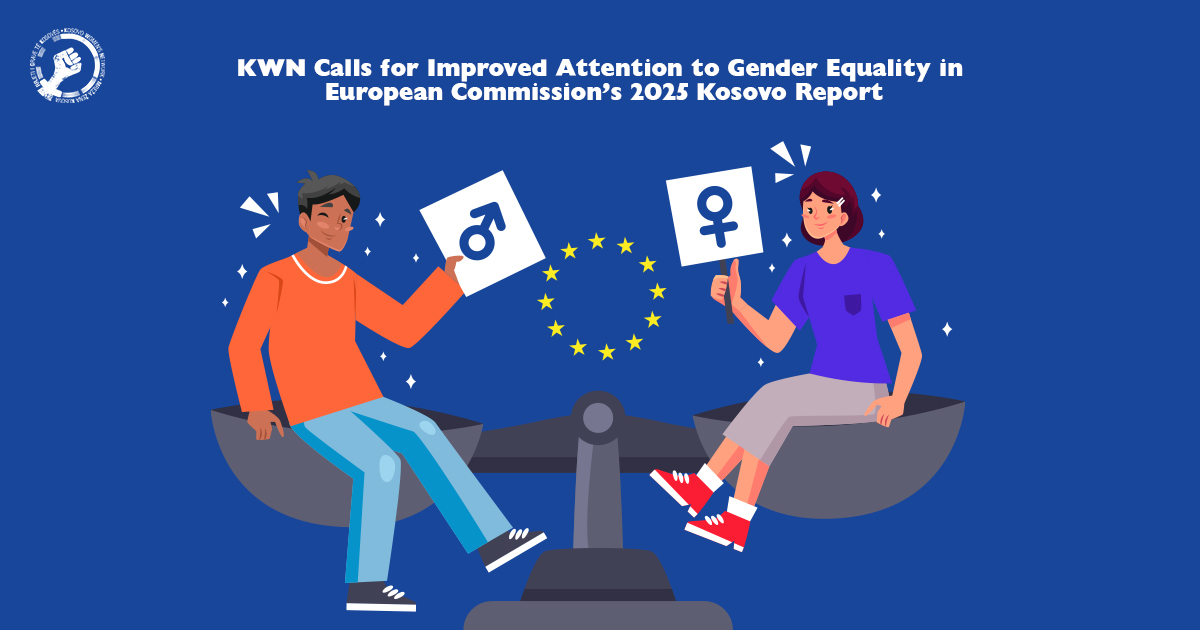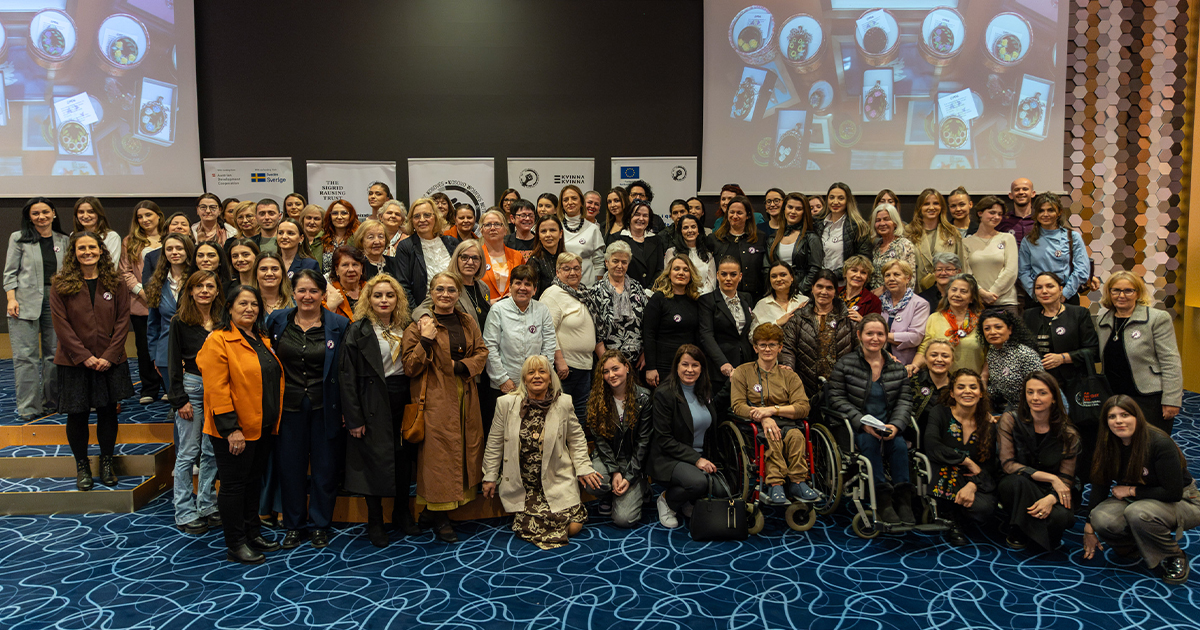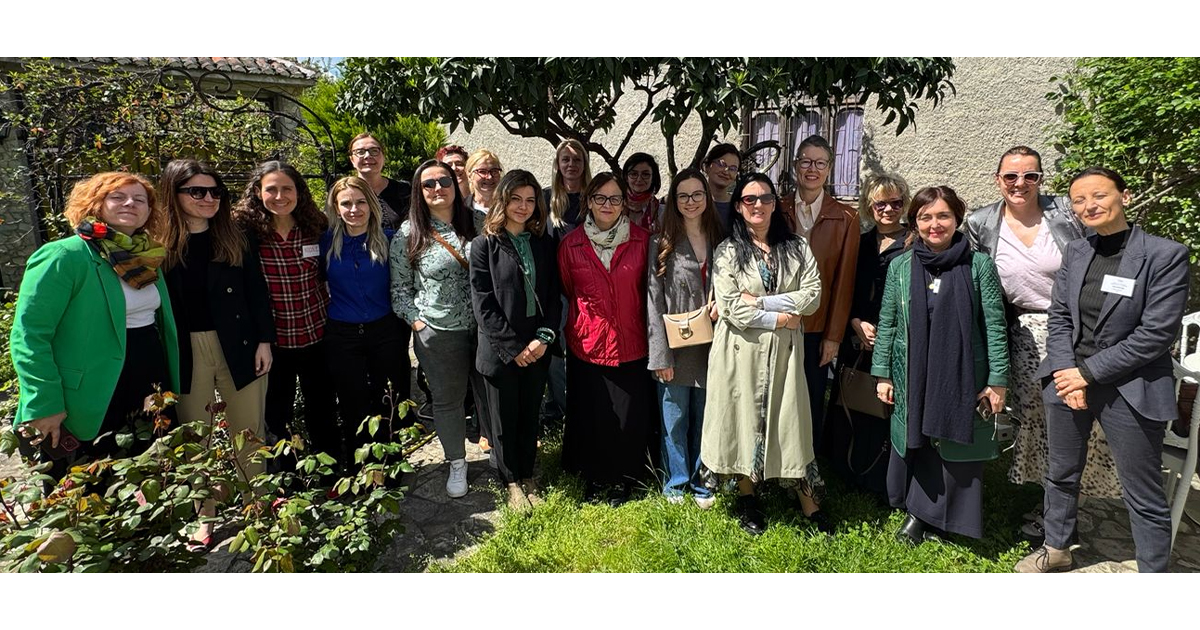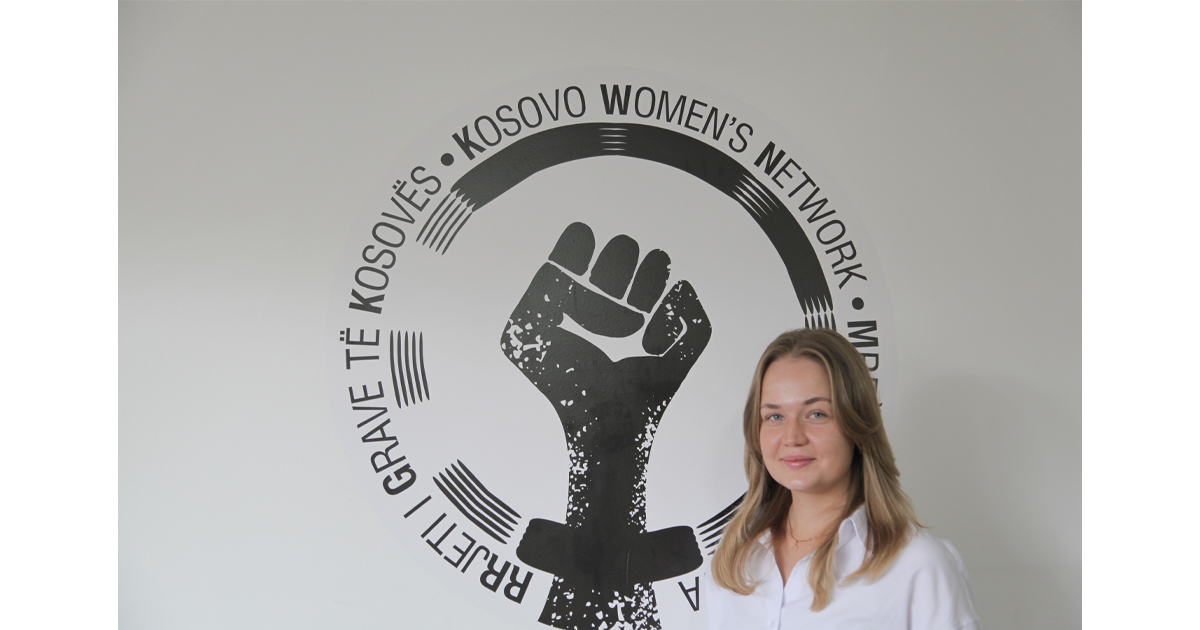Hosted by Autonomous Women’s Centre, feminist activists from Bosnia and Herzegovina, Croatia, Kosovo, Montenegro and Serbia gathered from 1 to 2 February 2018 to discuss and exchange knowledge and experience with regard to monitoring femicide in these countries. In this meeting Kosovo was represented by Kosovo Women’s Network.
Representatives from each country shared the general situation of their respective countries, focusing on violence against women and femicide and the work they do to prevent and fight these phenomena. Feminist activists agreed that the situation with regard to violence against women remains a common societal concern in all these countries.
“We sit here together as a result of the legacy of the feminist that worked together across borders in the 90s, we should continue our cooperation as a continuation of this”, said Aleksandra Nestorov from Autonomous Women’s Center.
In order to increase joint efforts to prevent femicide, representatives had a chance to gain experience from the Centre for Women’s Rights in Bosnia and Hercegovina who for eight years have been monitoring cases of violence against women and femicide in their country. The idea behind this was to create a similar methodology for the region to track and monitor cases of femicide.
This meeting was a starting point of a joint initiative to be taken by activists from the region in this regard. Participants agreed to draft a concept document which will include a problem analysis and the joint advocacy initiatives that will be undertaken by the activists from the region to combat the issue of violence against women and femicide.

